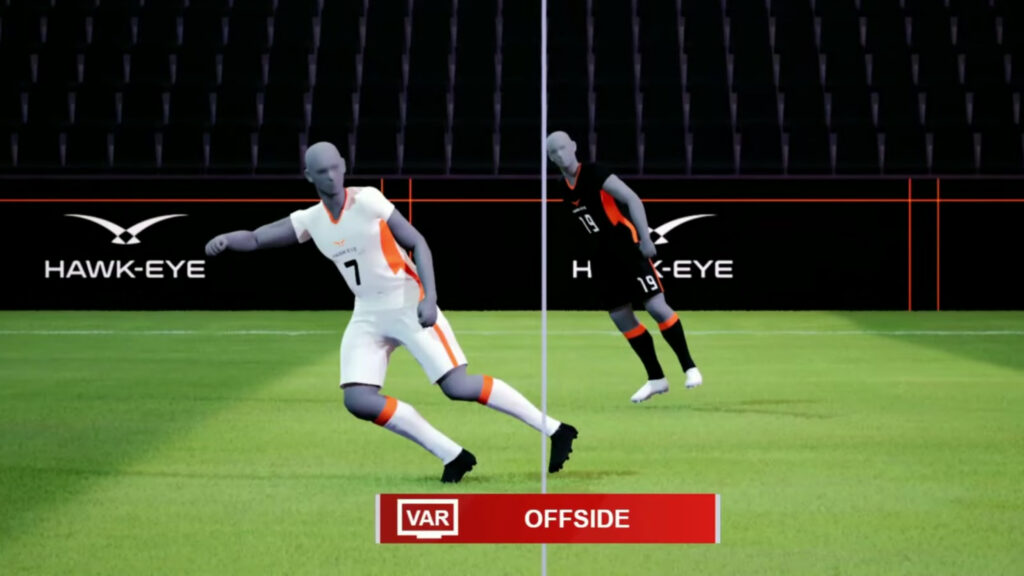Member Insight: Is Gamifying Sport (really) How We Find Fans Of The Future?
October 25, 2023
In this week’s Member Insights piece David Granger enlists three topics of conversation and presentation which stood out at this year’s Leaders in Sport conference.
The first, indicated by the topics discussed and the speakers themselves was the increase in recognition of the importance of women in sport – on the pitches, as well as the panels. (I spoke to one person who said the first Leaders’ Women in Sport Breakfast she attended had less than 20 people, this year there were more than 100).
The second was ensuring we engage the next generation of fans and how to do so – according to Rufus Hack, Sony’s Sports Businesses CEO, if you’re under the age of 20, there’s a 10% less chance you’re going to be an avid sports fan than if you’re over 20. That’s a diminishing return if not halted.
The third is technology in sport and how it’s – potentially – that Midas gateway to engage that next generation through gaming, and virtual and augmented reality.
But is it? While top tier sports a) have the funding and b) the established audience to warrant that investment, there are lower leagues and not-so-major sports which will miss out on both counts.
Elevating the experience at the elite level of sport simply widens the gap between top level and grassroots. All that does is make an uneven playing field even less level.
Hack stated we are, currently, seeing a decline in both the consumption of and the participation in sport. He said that for the first time in the last 20 years, the last 12 months have seen a marginal decline in sports consumption. Adam Kelly, IMG’s President of Media agreed: “To summarise the last 12 months, is to probably point towards a period of the most intense amount of complexity and complication and change we’ve seen in our industry. It’s a period where we feel certain properties, assets and sports are going to thrive as a result of that challenge and some may not survive. There are ones that are doing well, the ones that are responding to this challenge, while some people are quite fearful.”
Some may not survive.
Hack’s proposed solution? Rightsholders need to think like an FMCG (fast-moving consumer goods) company: “…segment your customers, hyper-personalise your content, and then you think about your customers or fans in terms of driving lifetime value and driving average revenue per customer.” Which could work if you’re going down the Drive To Survive route and becoming only interested in pseudo reality TV, rather than sport.
But to do so is to abdicate all pretence of investment in what Steve Parish, the owner of Crystal Palace called the ‘unscripted drama’, the very essence of sport. The balance has to be struck between preserving that unpredictable, emotive experience of watching – or participating in – live sport or throwing it all into a bucket of entertainment.
The NHL – and the NFL – are using Sony’s Hawk-Eye technology to turn live matches into cartoon versions (Toy Story and Big City Greens) in real time. Time and viewing figures will tell whether this becomes a new, innovative method of bringing new fans into the game on a longer-term basis. Will aping video gameplay be beneficial for live sport or is it likely to reinforce the target audience’s preference for video games? One near-future feature will be to take over a live game at half-time for sofa sports fans to then play as a video game and then compare the final results. This feels more like creating video gaming opportunities than opening up live sport to the next generation. The phrase “gamify the experience” was used to make sport more engaging. The partisan fans would argue it’s very gamified to begin with, both in terms of the sport and the ability to bet on its myriad outcomes.
https://x.com/NHL/status/1635354168629264386?s=20
It’s the same with cross-platform storytelling. How much can you extract from a game, a player, a competition before it just becomes content landfill? If consumption of sport is decreasing, is the answer to extract and publish even more narrative strands?
Sport is always going to be that precarious balance of the unscripted drama and industry. It was Mark Bullingham, The Football Association’s CEO, who articulated it best.
He was talking about VAR, but his sentiment could equally be applied to augmented reality, virtual reality or creating real-time cartoon versions of games: “You’ve got to have the starting point of what the fans want, and you should never have a scenario where it’s taken away from the experience inside the stadium or at home.
“We need to make sure that we’re doing it for the benefit of fans rather than doing it because we can.”



